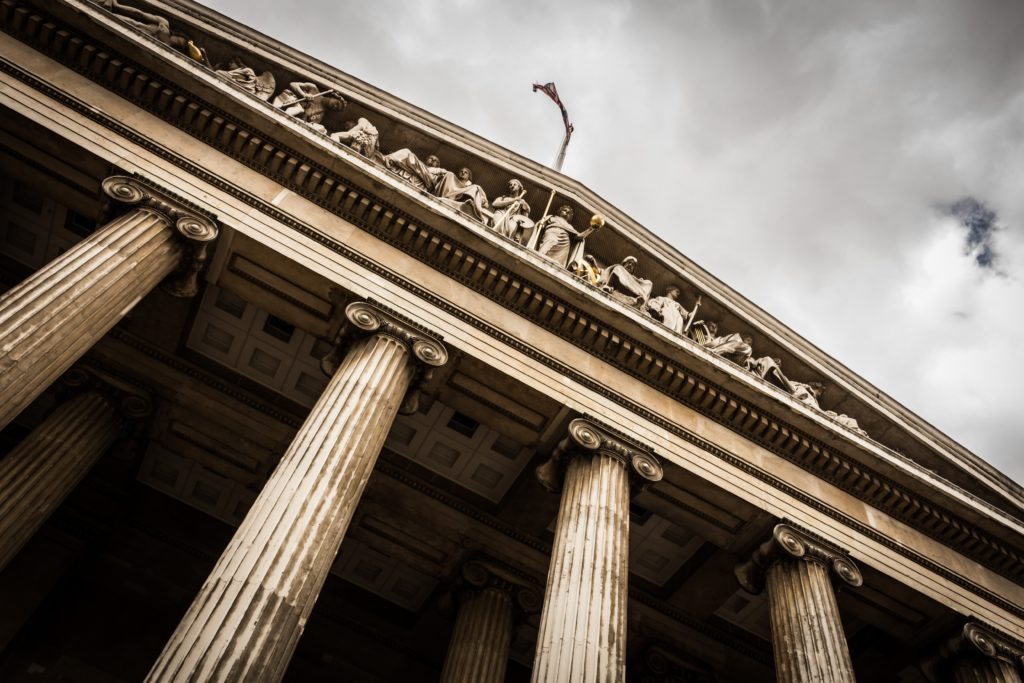
Exemption Planning with a Bankruptcy Attorney
In most bankruptcy cases, debtor’s assets are NOT liquidated. Such cases are referred to as “no asset” cases because from a creditor’s perspective, none of the debtor’s assets are liquidated for the benefit of creditors. As a bankruptcy attorney, it is a priority to provide debtor clients with strategies which may enable them to maximize asset protection in bankruptcy. This process is known as exemption planning. Essentially, this is done by disclosing to your attorney the value of the assets you own, less any liens, so your attorney can quickly ascertain if any of your assets are unexempt, meaning unprotected, prior to filing your bankruptcy case. Knowing this information up front may avoid the loss of a would-be unexempt asset or its equivalent value.
Exemption Strategies
Early development of a comprehensive exemption planning strategy may help avoid costly outcomes. If you currently own an asset which would be unexempt from liquidation in a bankruptcy case, there may be legitimate ways to protect your interest in the asset’s value. One way may be to sell and convert the value of the unexempt asset into an exempt asset. Another may be to sell the unexempt asset and spend the proceeds of its sale on your reasonable and necessary living expenses.
The above strategies may take time to properly execute and ultimately affect the optimal timing of filing the bankruptcy. An experienced bankruptcy attorney will discuss and advise of any timing issues and provide recommendations based on your specific financial circumstances. Getting early advice from an experienced bankruptcy lawyer may avoid making critical mistakes resulting on the loss of an asset, the fair market value of the asset, or ability to receive the benefit of a bankruptcy discharge.
Wild Card vs. Homestead Exemptions
Those who have lived continuously in California for the past two years, can opt to use either the 703 Wild Card set of exemptions or the 704 Homestead set of exemptions. If used correctly, these bankruptcy exemptions may protect assets in bankruptcy. The 703 Wild Card set of exemptions may allow protection of at least $30,825 worth of assets (See C.C.P. § 703.140(b)(5)). This Wild Card amount is in addition to other allowable 703 exemptions including a $5,850 vehicle equity exemption, exemptions which protect most furniture and appliances, retirement accounts, and provide an allowance for a certain amount of jewelry and tools of the trade.
If there is equity in your home and you have lived in California continuously for the past two years, you may be able to protect up to $600,000 of home equity (See C.C.P. § 704.730). The amount of homestead exemption may be reduced in certain circumstances, so it is important to have an early and thorough conversation with an experienced bankruptcy attorney to discuss how best to maximize the amount of equity you can protect in your home and other assets (See 11 U.S.C. § 522 (o), (p), and (q)).
Questions
Maximizing asset protection and developing an exemption strategy can be difficult to properly prepare, determine, and implement. RJS LAW and its qualified attorneys are available to assist in understanding and completing the process as well as with determining a succinct filing timetable. Please call RJS LAW for a free consultation and assessment at (619) 595-1655. You may also contact us via the web at www.RJSLawFirm.com. We look forward to hearing from you.
Published by Richard Komisars III, Esq.

Leave a Reply